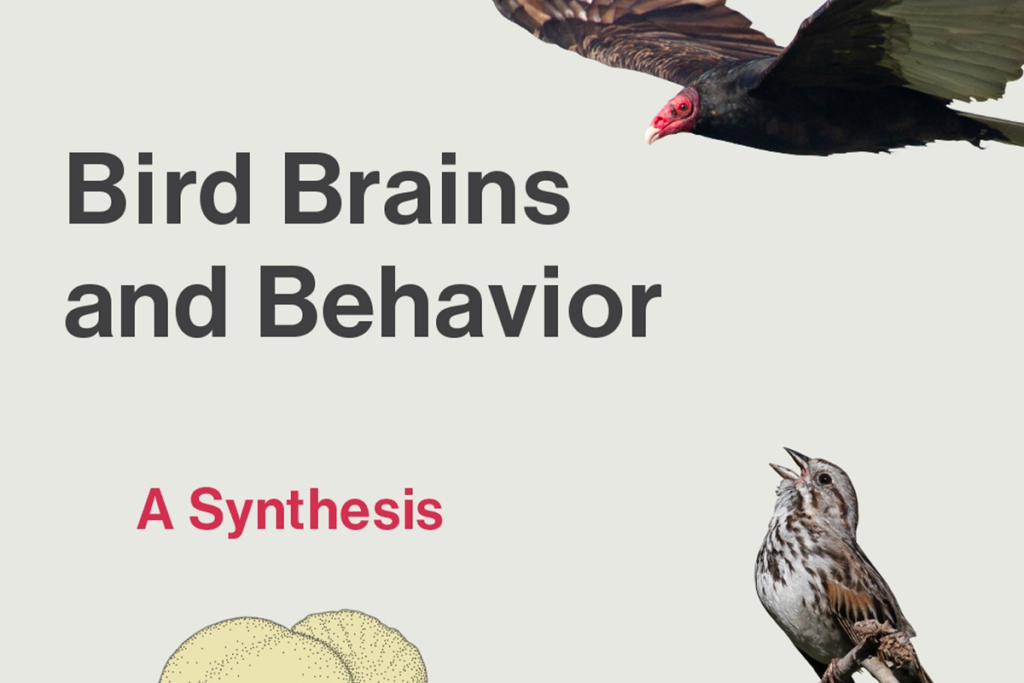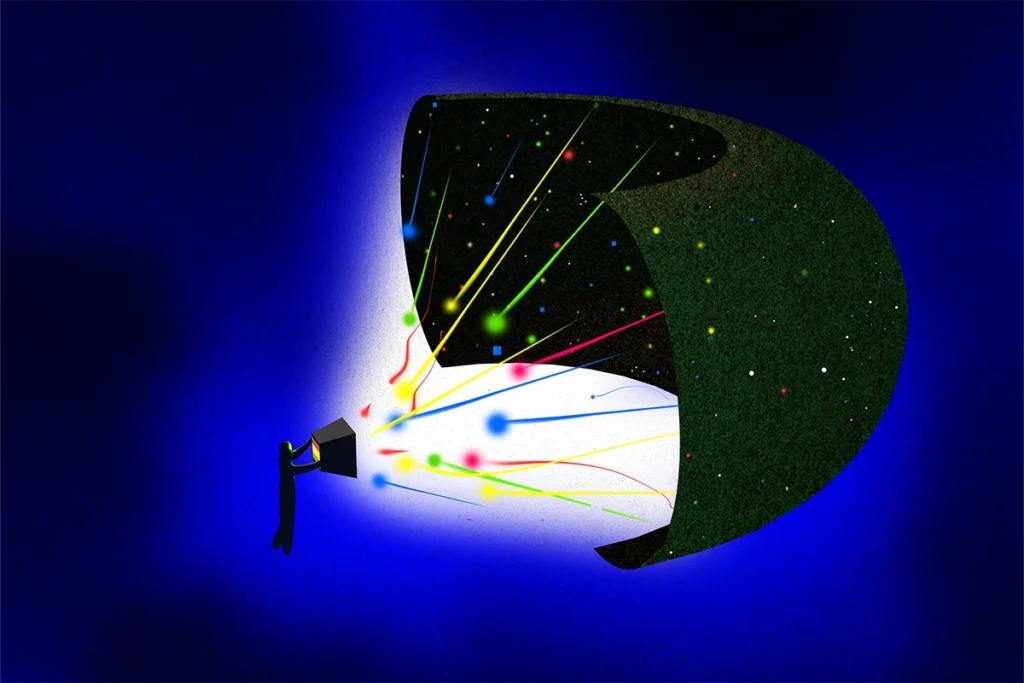Georg Striedter is professor of neurobiology and behavior at the University of California, Irvine. His research has generally focused on how and why the brains and behavior of vertebrates—especially birds—have changed over evolutionary time. For example, he has studied how and why budgerigars imitate sounds; mostly it helps with pair-bonding. Striedter has also written several books, including a major neuroscience textbook and a book on the use of animal and cell-culture models in biomedical research. After earning his B.S. at Cornell University, he obtained his Ph.D. at the University of California, San Diego and pursued postdoctoral research at the California Institute of Technology. Striedter is a fellow of the American Association for the Advancement of Science and has received a Guggenheim fellowship in 2009.

Georg Striedter
Professor of neurobiology and behavior
University of California, Irvine
From this contributor

‘Bird Brains and Behavior,’ an excerpt
Selected articles
- “Male vocal imitation produces call convergence during pairbonding in budgerigars” | Animal Behaviour
- “Précis of principles of brain evolution” | Behavioral and Brain Sciences
- “Models in biology: History, philosophy, and practical concerns” | MIT Press
- “Incorporating evolution into neuroscience teaching” | Frontiers in Education
Explore more from The Transmitter
Grace Hwang and Joe Monaco discuss the future of NeuroAI
Hwang and Monaco organized a recent workshop to hear from leaders in the field about how best to integrate NeuroAI research into the BRAIN Initiative.
Grace Hwang and Joe Monaco discuss the future of NeuroAI
Hwang and Monaco organized a recent workshop to hear from leaders in the field about how best to integrate NeuroAI research into the BRAIN Initiative.
Hessameddin Akhlaghpour outlines how RNA may implement universal computation
Could the brain’s computational abilities extend beyond neural networks to molecular mechanisms? Akhlaghpour describes how natural universal computation may have evolved via RNA mechanisms.
Hessameddin Akhlaghpour outlines how RNA may implement universal computation
Could the brain’s computational abilities extend beyond neural networks to molecular mechanisms? Akhlaghpour describes how natural universal computation may have evolved via RNA mechanisms.
Imagining the ultimate systems neuroscience paper
A growing body of papers on systems neuroscience and on giant simulations of neural circuits involves data beyond the point that anyone can reasonably understand end to end. Looking ahead, “paper-bots” could solve that problem.

Imagining the ultimate systems neuroscience paper
A growing body of papers on systems neuroscience and on giant simulations of neural circuits involves data beyond the point that anyone can reasonably understand end to end. Looking ahead, “paper-bots” could solve that problem.